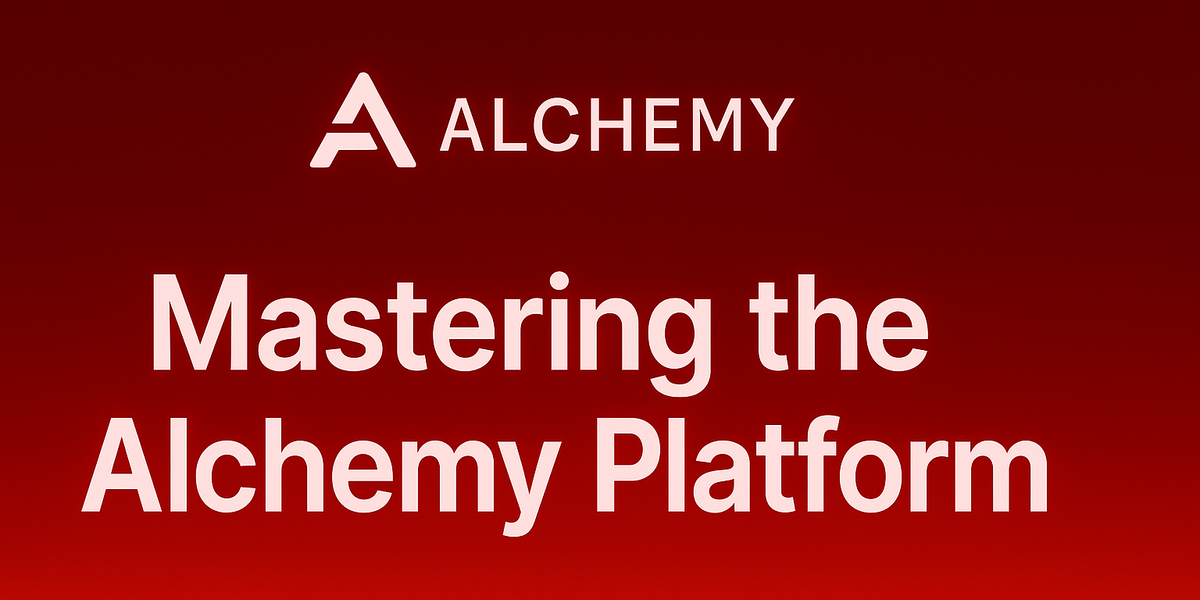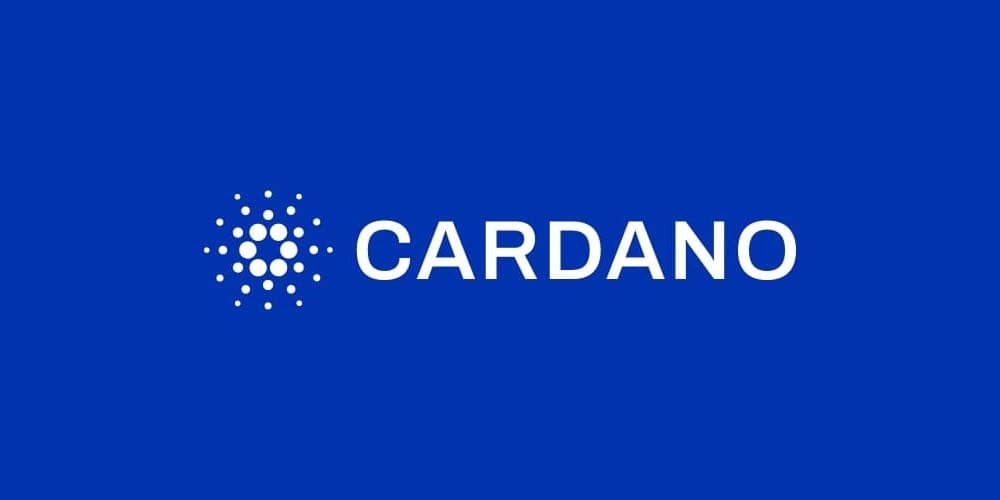The world of blockchain technology is advancing rapidly, constantly pushing the limits of innovation in decentralized networks. In a significant new development, the Interchain Foundation (ICF) has extended financial support to Tharsis Labs, facilitating the open-sourcing of evmOS. This milestone is pivotal in enhancing blockchain interoperability and fostering cross-chain transactions. The integration of evmOS into the ecosystem paves the way for greater decentralization and connectivity. By strengthening ties between Ethereum and Cosmos, this initiative not only amplifies the capability of both networks but also reinforces a more interconnected and inclusive decentralized financial ecosystem for developers and users alike.
What is evmOS?
evmOS is an Ethereum-compatible Layer 1 blockchain constructed using the highly modular Cosmos SDK. It forms an essential bridge between Ethereum’s robust smart contract functionalities and Cosmos’ Inter-Blockchain Communication (IBC) protocol, enabling efficient and seamless interoperability. Developers can now harness the full capability of Ethereum’s EVM while leveraging Cosmos' unique scalability and cross-chain compatibility, thereby enabling the creation and deployment of decentralized applications (dApps) across multiple blockchain ecosystems.
Through this initiative, evmOS has officially been made open-source, providing more flexibility for innovation and public contribution. Released under the widely adopted Apache 2.0 license, the project promotes permissionless development and technological advancements. Additionally, as part of the ongoing expansion, the ICF has forked evmOS, developing an advanced version named Cosmos EVM. This new iteration guarantees continual improvements, ensuring that blockchain networks remain highly adaptable and future-proof.
Why This Matters for Blockchain Interoperability
Interoperability has long been one of the defining challenges in the blockchain ecosystem. While Ethereum serves as the predominant smart contract platform, it has traditionally struggled to achieve direct integration with Cosmos’ multi-chain network, which specializes in scalability and secure inter-chain communication via IBC. The introduction of evmOS serves as a critical step in addressing this disconnect and enhances multi-network interactions, further streamlining decentralized finance (DeFi) functionalities and reducing challenges related to isolated blockchain economies.
The ICF has emphasized that evmOS’ inclusion in the broader Interchain Stack aligns with its mission of fostering permissionless collaboration and decentralized innovation. By promoting Ethereum-based functionalities within the Cosmos network, this integration opens the door to scalable DeFi applications, improved liquidity transfer mechanisms, and more structured cross-chain ecosystems. The enhanced connectivity between blockchains reduces friction in transactions and expands the ability of developers to build borderless applications.
Economic and Technological Impacts
The economic ramifications of improved Ethereum-Cosmos interoperability are far-reaching. DeFi applications frequently face constraints related to liquidity fragmentation, high gas fees, and network congestion, making scalability a persistent challenge. By facilitating smoother capital movement between these ecosystems, evmOS contributes to significantly lower transaction costs, optimized liquidity pools, and increased asset utility across networks. This fosters stronger financial infrastructures within decentralized applications.
From a technological lens, evmOS expands the scope of Ethereum-based applications, equipping them with the advantages of Cosmos' high performance and secure IBC-based architecture. The seamless transition of dApps between Ethereum and Cosmos fosters a new wave of innovation, allowing projects to be built without the hindrance of network limitations. Developers can benefit from enhanced composability across platforms, ultimately accelerating the pace of blockchain infrastructure improvements.
Industry Insights
Key figures in the blockchain industry have recognized the importance of open-source technology in decentralization. Federico Kunze Küllmer, co-founder of Evmos and central contributor to evmOS, emphasized that transparency and open-source accessibility drive blockchain evolution, ensuring that these technologies remain community-driven and adaptable. He underscored that evmOS aligns with the broader industry trend toward decentralized and open-source architecture.
ICF President Josh Cincinnati reaffirmed the foundation’s commitment to fostering blockchain interoperability, emphasizing that evmOS embodies an important step toward multi-chain collaboration. Similarly, Barry Plunkett, co-CEO of Interchain Labs, described evmOS as a groundbreaking addition to the Cosmos ecosystem, marking a significant step forward in bridging Ethereum with other blockchain frameworks. These insights underline the broader implications of evmOS for the future of blockchain infrastructure.
Future Outlook
The open-sourcing of evmOS marks a defining moment in the evolution of blockchain networks. As blockchain ecosystems continue trending toward cross-chain solutions, projects like evmOS will play an instrumental role in shaping the next generation of decentralized applications. By removing existing barriers to interoperability, evmOS facilitates increased adoption not only within Ethereum and Cosmos but also across emerging multi-chain environments.
Going forward, the adoption of evmOS is expected to expand within Ethereum and Cosmos, establishing new benchmarks for seamless multi-chain interactions. This trend underscores a broader industry-wide movement toward unified blockchain infrastructure, where users enjoy more fluid transactional experiences and developers gain enhanced flexibility in deploying dApps. The ongoing evolution of interoperability holds immense promise for improving blockchain efficiency and fostering a truly borderless decentralized ecosystem.





Comments